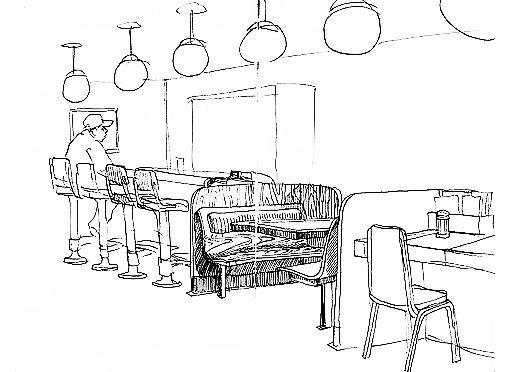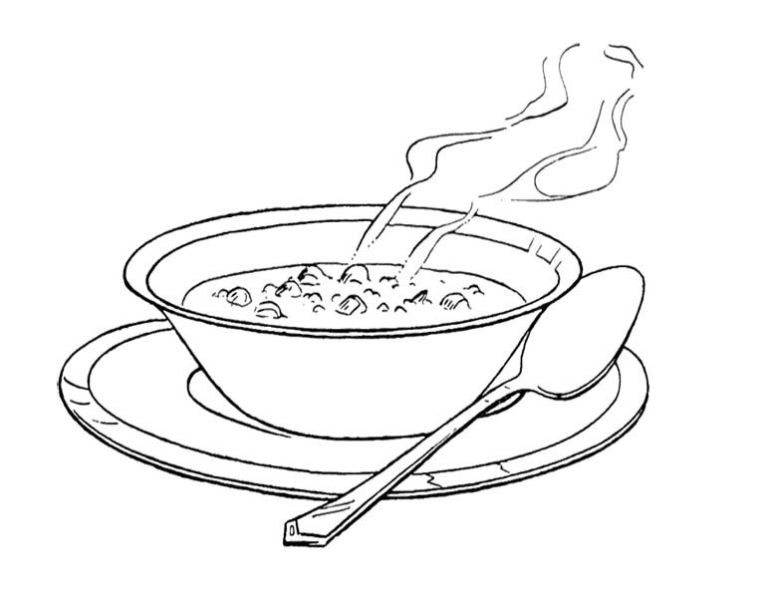The last time I washed my truck was in the spring of ‘03. I remember it well because I had a violent fever and was hallucinating at the time.
The only thing I recall from that day is walking outside, without pants on, and washing my truck with a garden hose while singing “Mister Sandman.”
Next thing I knew, my wife was at home with bags of groceries in her arms and shouting, “What in God’s name are you doing?” Then, she threw me into the backseat and drove me to the ER.
“What’s wrong with him?” the doctor said.
“I don’t know, doc,” my wife said. “I left him in bed, I went to the store, and when I got home I found him eating a jar of Turtle Wax.”
“This is very bad,” said the doc. Then he snapped his fingers before my eyes. “Sean, can you hear me?”
I nodded and said, “When can I open my presents, Mommy?”
So today goes down in my
own personal history. I took my truck through an automated car wash. I don’t know what made me do it.
First, I bought some licorice at the gas station, then I purchased a ticket for the car wash.
It was great. There were big brushes spinning on hydraulic arms, and high-powered spray nozzles shooting water with enough pressure to bore holes through bricks.
And I was a child again.
It’s funny, sometimes I can’t recall what I had for supper last night, but I still remember when they built the small car wash next to the Conoco station.
I remember the bulldozers breaking ground before it was built, and the old men who stood at a distance, shaking heads in disapproval.
“A car wash,” one man grumbled. “When did people get so lazy they forgot how to use elbow grease?”
“Bah humbug,”…










